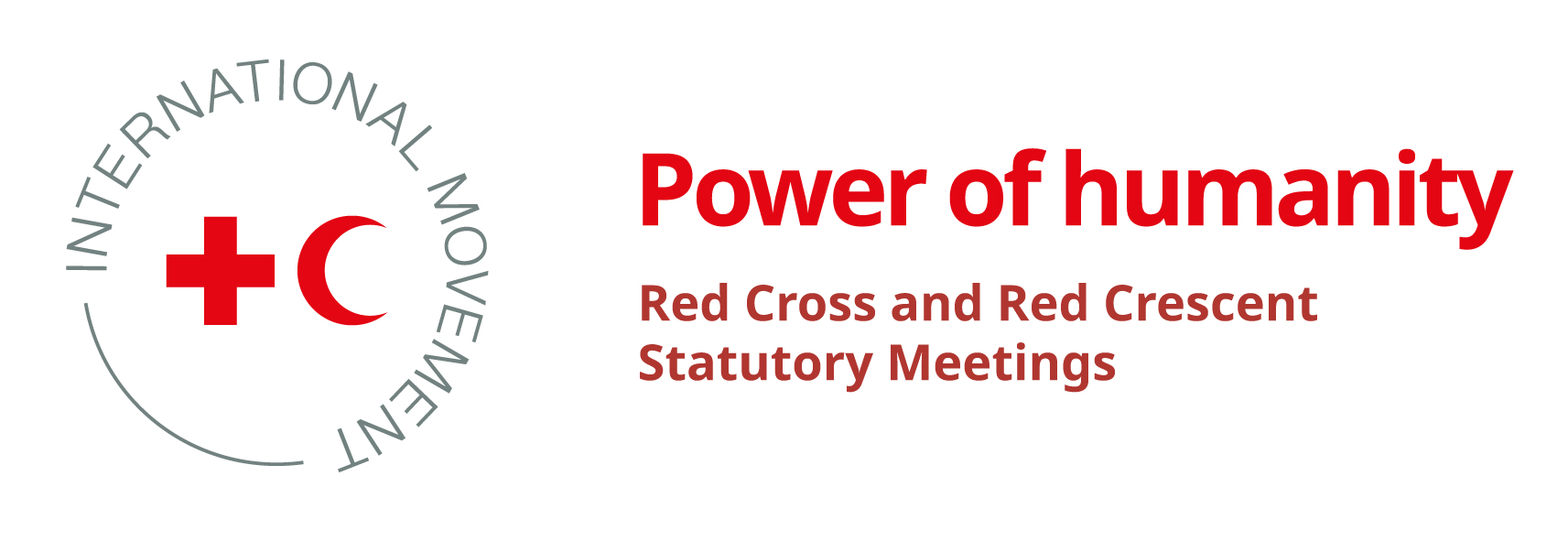Actions taken:
Psychological First Aid and Psychological Support service of the National Response Centre
The Psychological First Aid service of the itRC toll-free number for people was born in June 2019 thanks to funding from the Ministry of Labour and Social Policies, by which the Italian Red Cross promoted the project “CRI per le persone”. Initially aimed mainly at people in conditions of loneliness and at risk of social isolation, in this case, the elderly who – more than others – live the summer often confined to their homes and away from their families. the toll-free number 800-065510 became a single point of access for anyone who needs company and listening.
With the beginning of the Sars-Cov-2 emergency, the toll-free number 800-065510 and the Psychological First Aid service continue, even more, to be an important reference for thousands of people. In May 2022, through the agreement with the Ministry of Health, the public utility number 1520 was activated.
The Italian Red Cross decided to implement several actions.
- Setting up a team of professionals. The Italian Red Cross set up a team of 10 people, including psychologists and therapists, to answer the calls from Monday to Sunday, from 8 am to 8 pm, providing a tier-2 response to all those in need of support.
- Establishing guidelines for incoming calls. People in need of mental health support can call the toll-free number 1520; the tier-one operators collect the caller’s details and needs and send a report to the team of psychologists and therapists; the caller is then called back within the following 30 days to be taken into charge. In case of emergencies, the call is immediately transferred to the psychologist.
- Establishing guidelines for taking into charge. After the first interview with the team of psychologists and therapists, it then assesses the possible treatment pathway: whether temporary mental health and well-being support with 8 or 10 interviews or – in addition to the interviews – treatment in a local mental health unit.
- Providing social support, if necessary. In the interviews with the professionals, people often express other needs. If any social needs are expressed or inferred, the helpline psychologist alerts the competent local Red Cross committee and social services, besides other volunteer organizations.
- Establishing the basis for psychiatric support. In cases where psychologists realize that the person needs pharmacological support, they refer the person to public mental health centers.
- Providing mental health support to the volunteers and employees of the Italian Red Cross. They have been offered the possibility of individual mental health support sessions and helped to stress management tools and establish improved relations with the more “critical” patients, besides providing a space for addressing emotional discomfort.
- Socialization Online group. Among the people supported through the psychologists’ desk, many suffer from loneliness and social isolation. To address this discomfort, online socialization groups facilitated by psychologists have been activated.
- Training for Volunteers. Guidelines for activities to combat loneliness were created and disseminated to all local committees. Furthermore, around 700 volunteers were trained on the specific topic
In conclusion, the Italian Red Cross has done its bit right from the start, building on the tradition that the Psychological First Aid service has always represented for the Organisation. The PFA is a milestone of the support provided by the Red Cross and Red Crescent Movement, together with emergency mental health support.
The following figures refer to the period from 2021 to 2023.
The helpline received 5.686 calls for mental health support from the public, for a total of 34,116 interviews. Of this, 773 were sent to local services and to the CRI Committees. 200 Operators reached for supervision activities.
Challenges during the implementation: In Italy, public mental health services are unable to respond to requests for help. Very often, therefore, difficulties have been encountered in sending people to local services.



